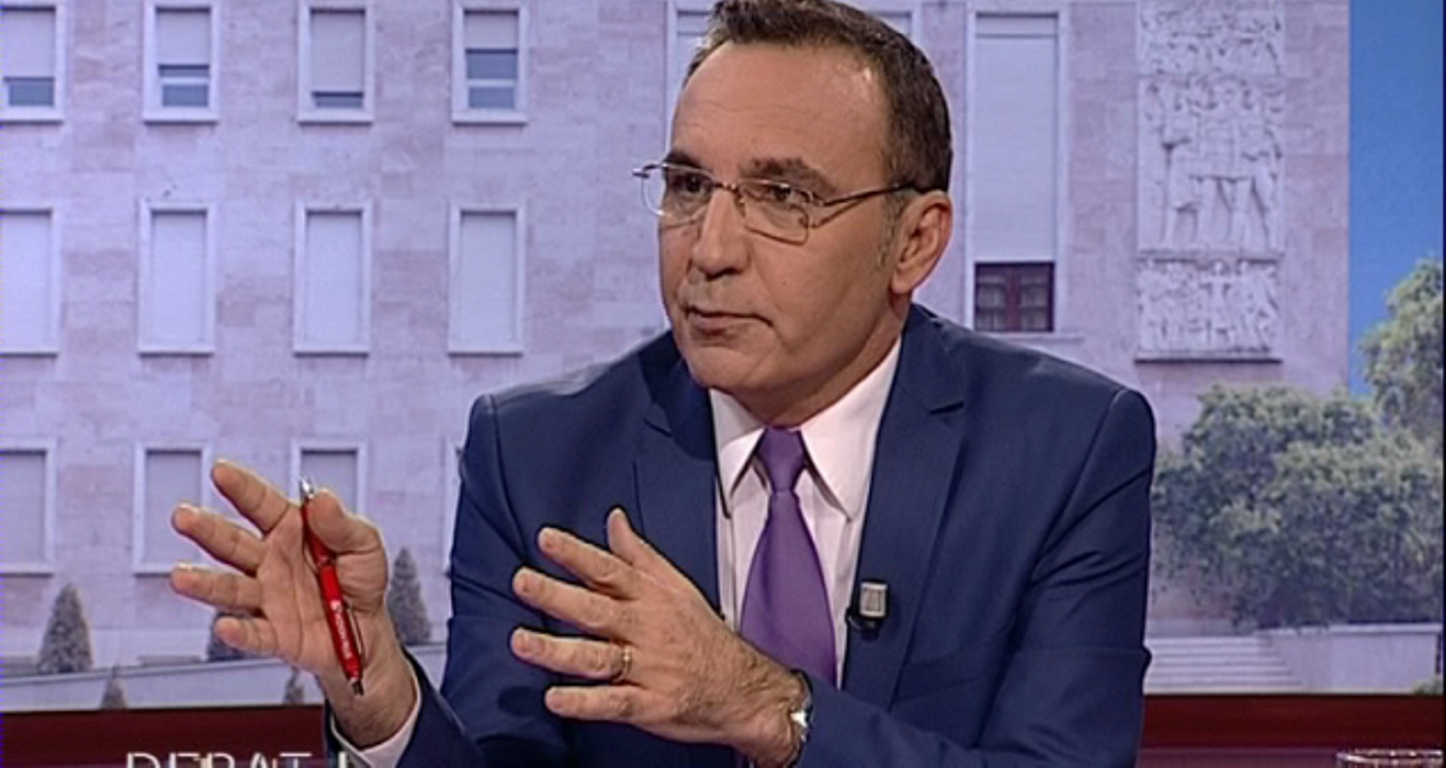
By Eduard Zaloshnja
The aggravation of the political situation in the recent months has also had an impact on the mood of Albanian voters. This was noticed in the monthly opinion polls that I carry out on behalf of a Tirana based magazine which is published in the English language. This enables me to measure electoral effects.
So, by extrapolating the opinion poll that I carried out in January, before the opposition announced its decision to resign from parliament and start its wave of anti-government rallies, the number of people who were ready to vote the Socialist Party was around 680 thousand (in the elections taken place two years ago, this number was 765 thousand votes). Meanwhile, the number of people who were ready to vote the Democratic Party was around 480 thousand people (in the elections taken place two years ago, this number was 455 thousand).
Other parties (LSI, PDIU, PR, PSD, LIBRA, etc) had significantly shrunk compared to the 2017 elections (from 370 thousand votes, they had gone down to 240 thousand votes). With the aggravation of the political situation, they shrank even more. In April, their numbers had gone down to 195 thousand votes. Meanwhile, the SP and DP grew in the past three months with 60 thousand votes each.
The two big parties
The opinion polls that I carry out aim at measuring electoral quotes without going into the reasons that cause their fluctuations. However, two Italian opinion polls which have been published on Albanian TV can help us understand the reasons why numbers for the two big parties have grown.
So, the Italian opinion polls indicate that Berisha’s approval ratings were two times better than Basha’s approval ratings and higher than the DP’s. Given that Berisha was the most powerful voice within opposition ranks who called for parliamentary boycott and start of anti-government rallies (before the February 16 demonstration, he could be seen every night in different TV studios), his supporters, who were disappointed by Basha’s leadership, seem to have returned to the Democratic Party. As a result, the Democratic Party grew by 60 thousand votes from January to April. But, Berisha does not only act as magnet for democrat voters. The more active he is in the country’s political life, the more socialists are scared of a possible return to power by him, in particular when Berisha mentions 1997. Meanwhile, in January, socialists seem to have put aside their discontent and renewed their support for this political party.
Other parties
What is happening with small parties? The biggest among the small ones, the Socialist Movement for Integration seems to have a similar problem to the DP. According to the Italian opinion poll published by Ora News TV, the approval ratings for SMI were two times better than the ones for its leader, Monika Kryemadhi. Meanwhile, approval ratings for former leader Ilir Meta was also much better than her approval ratings. However, contrary to Berisha, the latter has criticized the decision of the opposition to resign from parliament and has called on the sides to find compromise. It looks like these contradicting messages have had a negative effect on SMI’s voters.
However, despite specific problems that SMI has, all small political parties have a strategic problem. They base their success on the promises made to their supporters during the election campaign. However, the two big parties cannot afford take hundreds of thousands of voters under their patronage.
If small political parties do not take part in the elections, then this disrupts their formula of success. If they leave the political system (center and local), they are unable to take care of their supporters.
CONCLUSION
In other words, the two large parties may attract more supporters with the political situation aggravating, while small parties could face an existentialist crisis.





 ALB
ALB
 ENG
ENG
